
October is approaching and if you live near the Sunshine Coast in Australia, you'll have the privilege to bake your own bread on your car's dashboard because this year, due to climate change, there will be even more heatwaves than the previous years.
If you want to spend your summer resting comfortably in your home while the outside temperatures reach above 40°C, you must start thinking about updating or installing home air conditioning, (because you don't start digging your well when you're thirsty).
If you don't have an air conditioner in your home yet, now is the best time to purchase one because, at the height of the summer heat, there will be a high increase in the cost and demand for air conditioners and installation services.
The Choice & Installation of the Right Air Conditioner:
Before reaching out to the companies for your purchase, you should consider a few crucial factors:
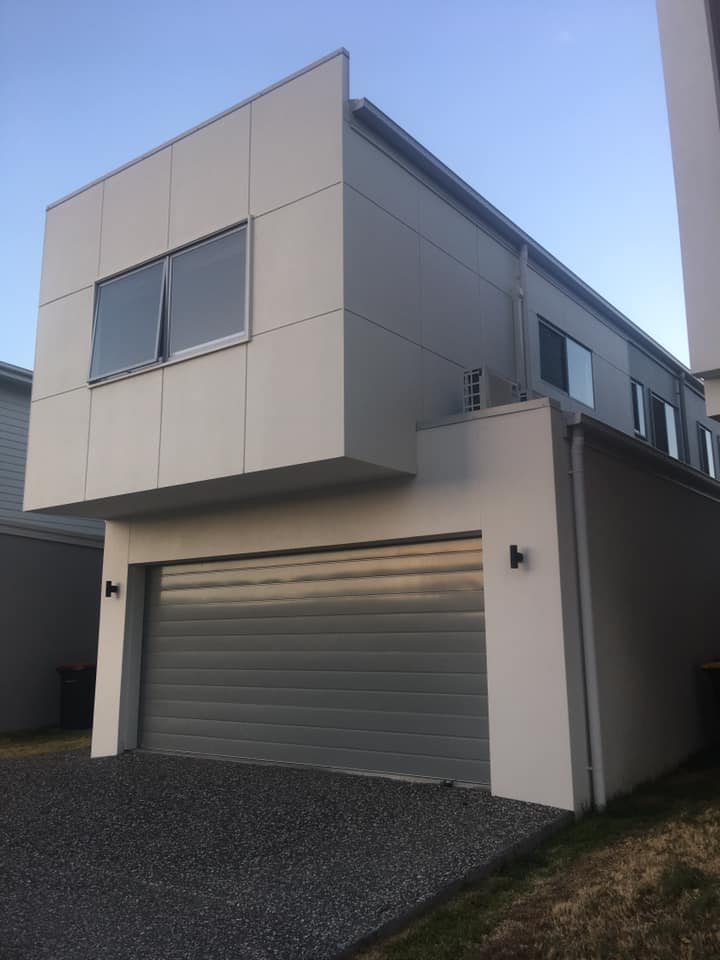
Your home location:
For a successful and smooth installation service, you must let your technician know in advance about the location of your home and the floor level where the air conditioner will be installed. The site influences the choice of an air conditioner, also if your home is situated in the open and exposed to the elements, the right sized unit must be selected to suit the job. Costs involved are dependent on site access and the floor level decides the manner of installation, it’s possible that cranes may be needed as an example.
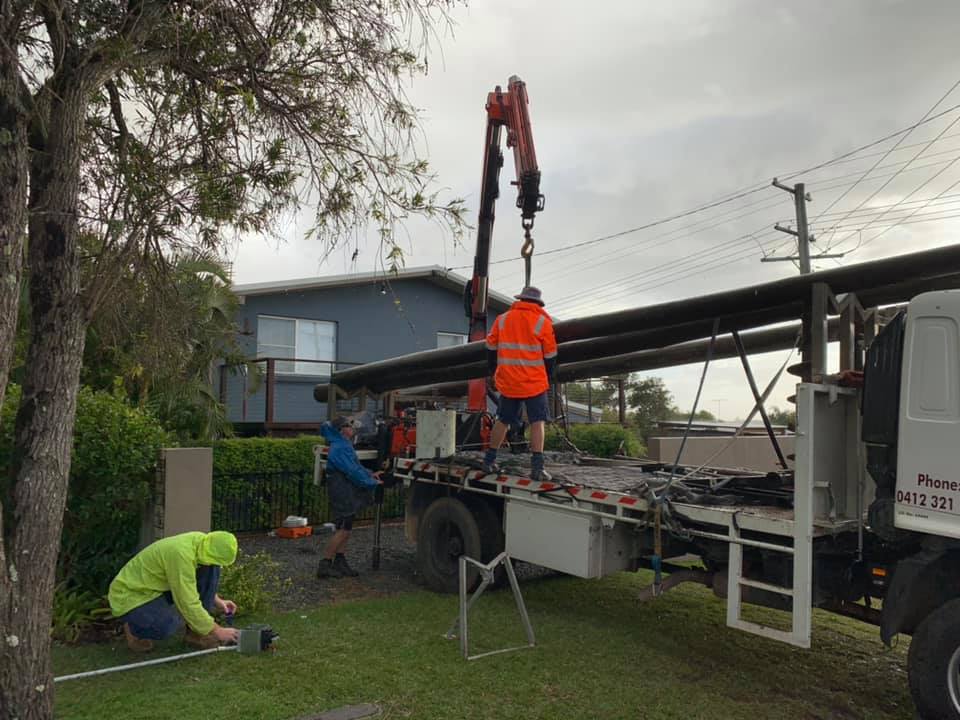
Your home's electrical capacity:
A vital point to consider before buying an AC is your home's electrical capacity.
Air conditioners consume more electricity than common home appliances, and you must consult an electrician in order to determine if your home's wiring can bear the load of an air conditioner.
Your home's wiring must not be old but needs to be in ideal condition before installing an AC as it draws more power than one could imagine.
The size of your room:
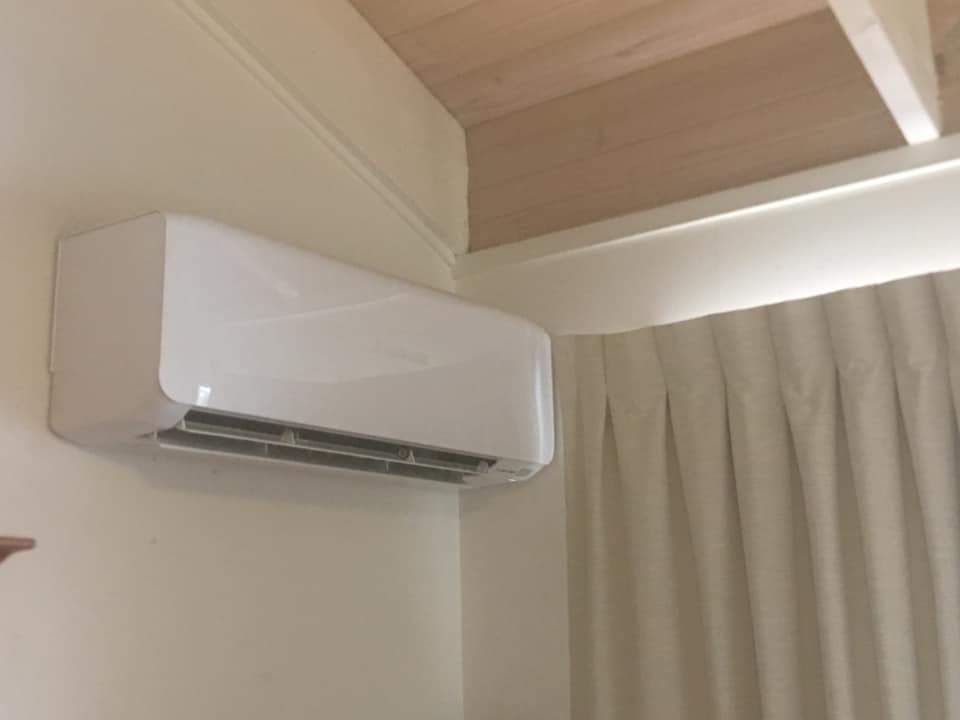
Your air conditioner's capacity must be ample enough to cool your whole room space but not larger than what you need. Because if you buy an AC with a power lower than what you need, you won't be able to cool your room properly. On the other hand, buying an AC with a higher power than required will waste your money by dropping a high electricity bill.
The capacity of the AC you need:
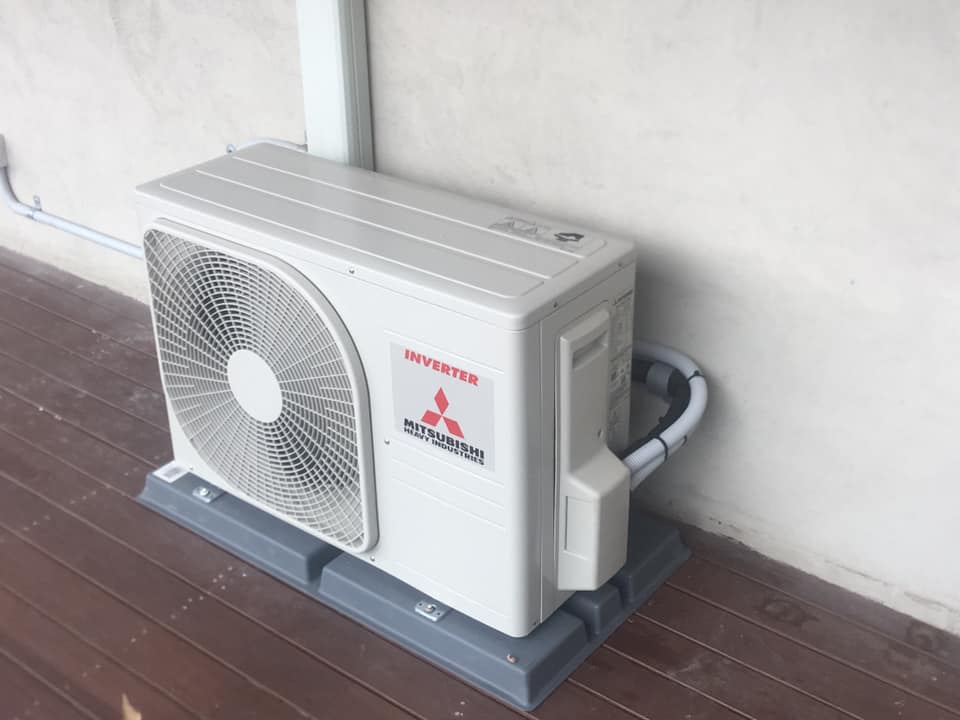
Usually, the power of air conditioners is evaluated in BTUs, and their output is calculated in KW.
An Air conditioning system normally requires 80 watts per square metre of the room that needs to be cooled.
Look for an energy-efficient AC unit:
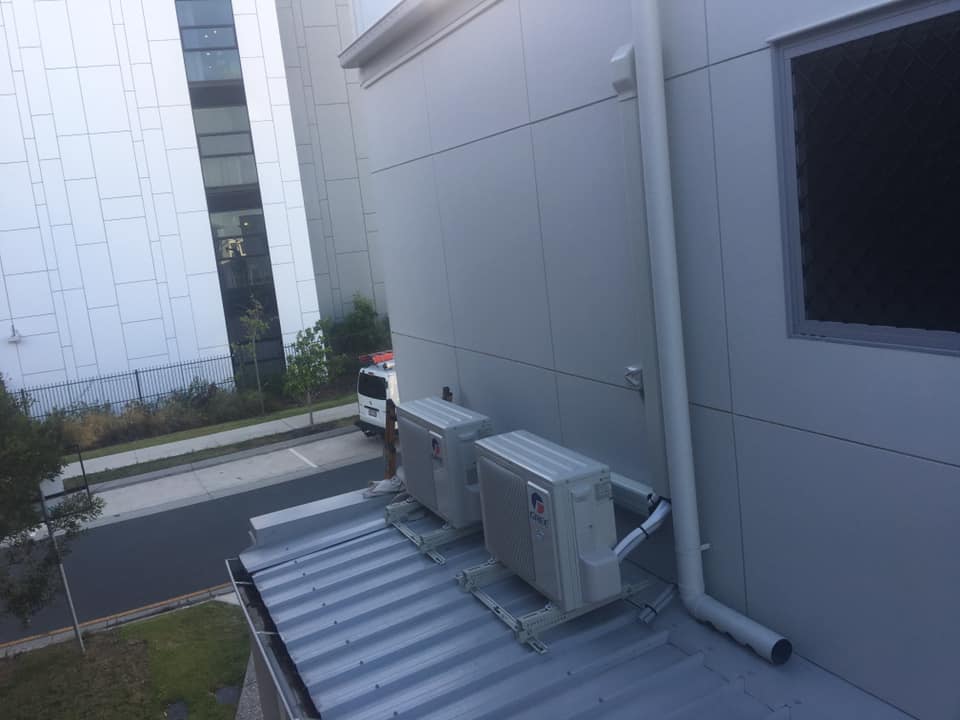
There are air conditioners in the market that use 10% less energy than the standard AC units.
You must look for an energy-efficient air conditioner in order to save yourself from high utility bills, because cooling and heating appliances consume more electricity than any other home gadget.
Proper maintenance:
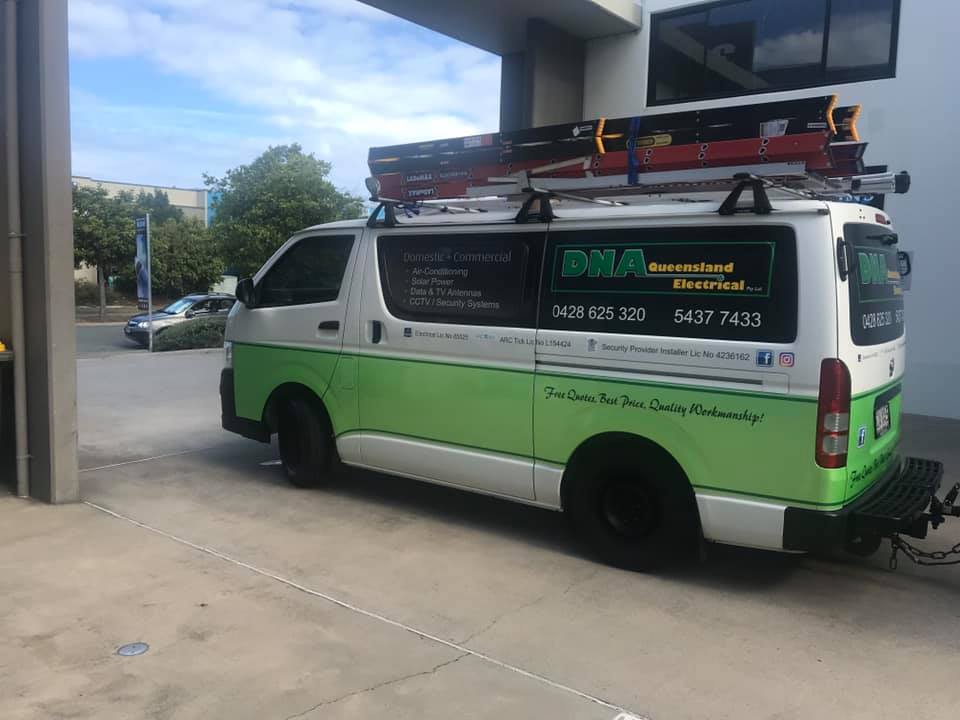
Even the plants wither when left unattended. Air conditioners need weekly maintenance and cleaning to function properly.
Good maintenance can extend the average life of an AC unit. That's why you should choose an air conditioner that is easier to clean and maintain.
Different Types of Air Conditioners:
Below we have listed four main types of air conditioners, and with the help of the above factors, you'd be able to determine which type would be the best for your home:
- Portable Air Conditioners: These are movable air conditioners that are pretty heavy and can sometimes be inconvenient for homes. They are available at cheaper rates in the market as compared to other AC units.
Pros: Very easy to install; they are the best for spot cooling and can be stored if not used.
Cons: They're noisy and not suitable for larger rooms. They must be placed near a window because their hose needs to pass through the window opening.
- Ducted AC units: They consist of sensors & outlets which are installed in every room. But they come with a heavy price of $10k and above.
Pros: They cool all the rooms at once, in minimum time, and reduce humidity in the house, providing a cool and comfortable environment.
Cons: You're hit by a high utility bill.
- Window Box Air Conditioners: Suitable only for smaller rooms, they can be fixed on your wall or placed on your window sill. They usually come with the plugs, but the bigger ones require wiring.
Pros: They're easy to install and are available at cheap rates. Their maintenance is easy.
Cons: They get noisy as they get older. They cover the view of your window, and it is difficult to find a window that supports the shape of these air conditioners. They're less energy efficient as compared to the expensive AC units.
- Ductless mini-split AC unit: It's great if you want to cool just a portion of your home. It consumes less energy but can prove costly if you wish to install many of them in each room.
Pros: Its installation is easy without any complexity of ducts, and you can manage the temperature of each room individually.
Cons: It cannot cool larger rooms.
Time For Purchase and Installation:
There are numerous factors for consideration regarding the purchase and installation of AC units, and that's why it is crucial to avail of the services of an expert. Many people opt for cheap units and inexpensive installation services because air conditioning as a whole is pricey.
What they fail to understand is that availing of cheap labour may save them some bucks for now,
but in the near future, it can bring long-term consequences.
Poor quality AC systems have a very short life. Whatever you may save from a cheap purchase is nothing compared to the amount of money you'll have to spend on their repair in the future.
The near future:
You reach home after an exhausting day. You desperately want to plunge onto the couch and turn on the AC to relax, but as you wait for the cooling, you notice water dripping from it, and it's not cooling as it should, even after hundreds of repairs. You regret purchasing a cheap product for a few bucks.
Significant signs that you've made a wrong choice by getting a low-quality appliance:
Air conditioners are a once in a decade investment and are the most used equipment in your home, so you should do some research before buying one.
That said, the following are the most alarming signs that your low-quality air conditioner needs to be replaced:
- It is not cooling the room as it should be.
- Despite minimum usage, you're stuck with a high electricity bill.
- It starts raining in your room in the middle of the night. You wake up and see it's your AC dripping its moisture.
- You spend your weekends with the technician repairing your AC, and you have paid him much more than you would have spent on a good quality AC.
If you need guidance in making the right choice for your air conditioning unit, you must consult a professional.
Choosing a Supplier
If you're successful in choosing the right dealer for your AC, you don't have to worry about anything else because a professional can lead you to the best quality product available in the market.
But if you decide to compromise on the supplier service, even the finest product can be ruined in the hands of an unskilled worker.
Here are a few things to consider before contacting an installation company:
- Look for their website and read all the information they have provided to see whether they're qualified and serious in their services.
- Ask for proof of their expertise; hire a licensed technician.
- Confirm the expertise and quality of their services by contacting their previous customers.
- Ensure any worker who comes for the AC service is insured, so you can be safe from any monetary charges in case of an accident or injury.
Cost of Choosing an Inexperienced Handyman:
A naive professional can cost you more dollars than an experienced technician from an authorised company because a minor mishandling can cause irreversible damage to your product. This way, you'll not only lose the product but also the warranty which comes with it. So, if you want to be on the safe side, consult only certified professionals.
The Need to Hire Qualified Professionals:
They guarantee safe installation and repair of your AC unit, and as a result, you get the peace of mind you deserve after spending a significant amount on a good quality product. Companies aren't allowed to provide professional AC installation services without the certification of ARC (Australian Refrigeration Council). So if they're certified, you know your product is in safe hands. Even if a mishap happens, your product will be insured. That means your loss will be compensated and it will not affect the warranty of your product.
So, make the right choice by gathering ample knowledge about the types of AC units available in the market and knowing which type would be best for your residence. And in the end, you need to find the right person for the installation service.
At DNA Queensland Electrical we are here to help. Call us today on 07 5337 6330





















































